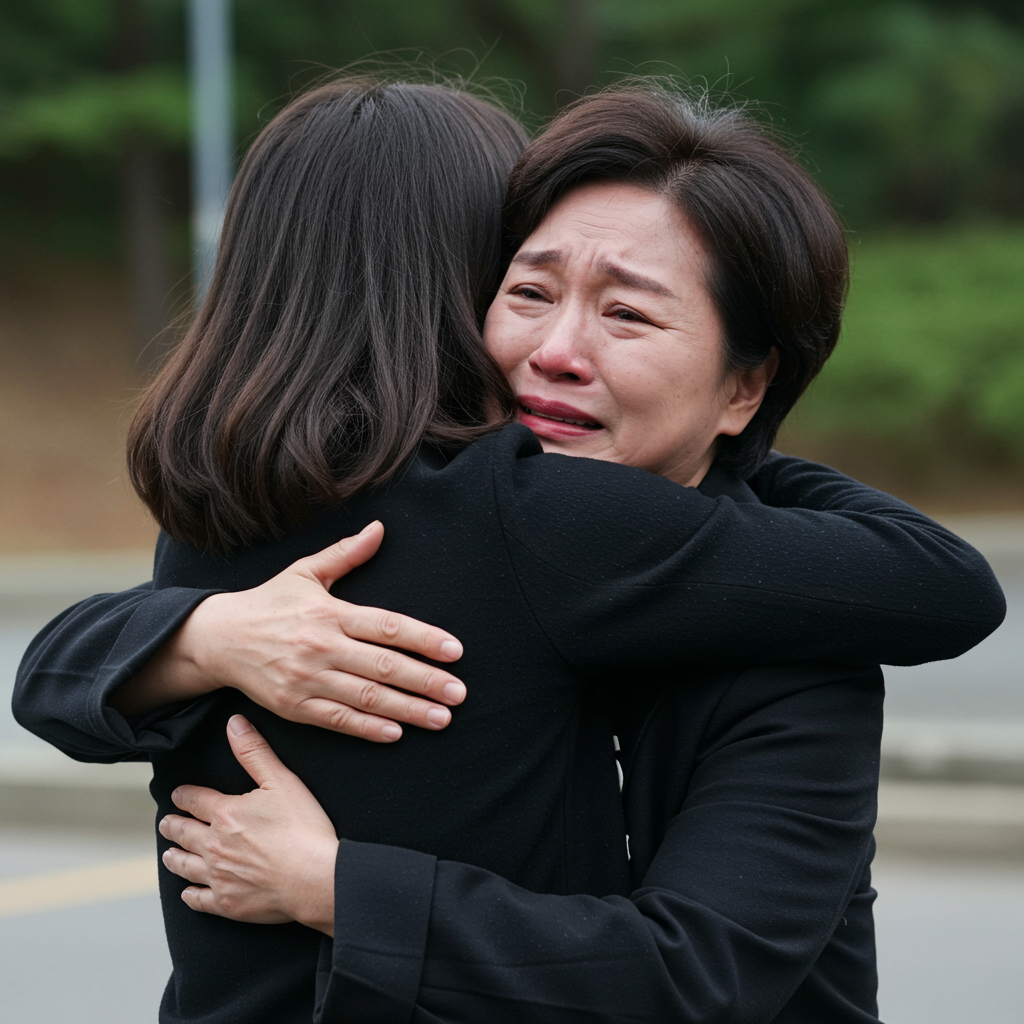In a significant policy shift, UK Prime Minister Keir Starmer has announced a full national statutory inquiry into the decades-long child sexual exploitation scandal often referred to as “grooming gangs.” The decision, made public on June 14th, follows years of pressure from victims, community groups, politicians, and notably, a relentless global campaign amplified by billionaire Elon Musk on his social media platform, X.
This move marks a departure for Starmer’s administration, which had previously favoured local investigations and the implementation of recommendations from existing national reviews. However, a confluence of factors appears to have reached a “tipping point,” forcing the government’s hand towards a comprehensive, judge-led inquiry with the power to compel evidence and testimony.
The Long Shadow of Institutional Failure
The issue of organised child sexual exploitation by loosely organised groups of men, often targeting vulnerable white, working-class girls – sometimes in state care – has plagued towns across Great Britain since the early 1990s. Cases uncovering widespread abuse have emerged in locations such as Rotherham, Rochdale, Telford, Oxford, and Oldham, revealing patterns of systemic failures by police, social services, and local authorities.
Numerous reports and inquiries over the years have documented these failures:
The 2014 Jay Report on Rotherham identified over 1,400 victims between 1997 and 2013 in that town alone.
Reviews in areas like Telford and Oldham found widespread exploitation and highlighted how “nervousness about race” or a fear of being labelled racist sometimes hindered investigations and delayed action.
- The broader Independent Inquiry into Child Sexual Abuse (IICSA), concluding in 2022, found that police and councils often downplayed the issue and sometimes blamed victims.
- timesofindia.indiatimes.com
- news.sky.com
- timesofindia.indiatimes.com
- m.economictimes.com
- www.independent.co.uk
A particularly sensitive and controversial aspect highlighted in these cases is the ethnic background of many perpetrators, frequently identified as men of Pakistani Muslim heritage in high-profile convictions. The official use of the term “Asian grooming gangs” sparked significant resentment among British-Indian communities, including Hindus and Sikhs, who felt unfairly smeared and argued that the broad label was a “whitewash” that protected perpetrators. Community leaders from these groups were among those backing calls for a national inquiry.
Elon Musk’s Controversial Influence
The recent surge in pressure for a national inquiry was significantly amplified by Elon Musk. Starting in early 2025, Musk utilized his platform X as a “global political amplifier,” posting and reposting extensively on the topic of UK grooming gangs. He quoted survivor testimonies, shared historical reports, and directly tagged British officials, including Prime Minister Starmer and Safeguarding Minister Jess Phillips.
Musk’s commentary was often inflammatory, accusing UK authorities and leaders, including Starmer during his previous tenure as Director of Public Prosecutions (DPP), of “turning a blind eye” and being “complicit” in failures to prosecute abusers. He even controversially urged King Charles to dissolve Parliament and called for Starmer’s resignation or potential charges.
While the tone and nature of Musk’s online campaign drew widespread criticism, including being labeled “ill-informed” by UK ministers, his persistent spotlight undeniably brought renewed international attention to the issue. This triggered increased media coverage, spiked online search interest, and galvanized online activity under hashtags like #JusticeForRotherham.
Political Pressure and Starmer’s U-Turn
Beyond Musk’s online push, political pressure intensified. Home Secretary Yvette Cooper had commissioned a rapid review by Baroness Louise Casey, which concluded that multiple public bodies had “failed in their duty of care” to victims and recommended a full statutory public inquiry. Conservative MPs, victim advocacy groups, and leaders from Reform UK also added their voices to the call for a national investigation.
Keir Starmer, who served as Director of Public Prosecutions from 2008 to 2013, has faced scrutiny over the Crown Prosecution Service’s handling of some historical cases during his tenure, although he has defended his record, citing reforms implemented to improve the prosecution of child sexual abuse cases. His decision to order this national statutory inquiry, while acknowledging past failures, marks a response to the undeniable public and political demand for a comprehensive examination of the issue across the country.
The judge-led inquiry, established under the 2005 Inquiries Act, will have the necessary legal powers to scrutinize past failures, hold institutions accountable, and make recommendations aimed at ensuring such horrific exploitation can never happen again. While setting up the inquiry and commencing hearings will take time, likely extending into early 2026, the announcement signals a long-awaited official reckoning for the institutional failures that allowed widespread child sexual exploitation to persist for decades in Britain.


